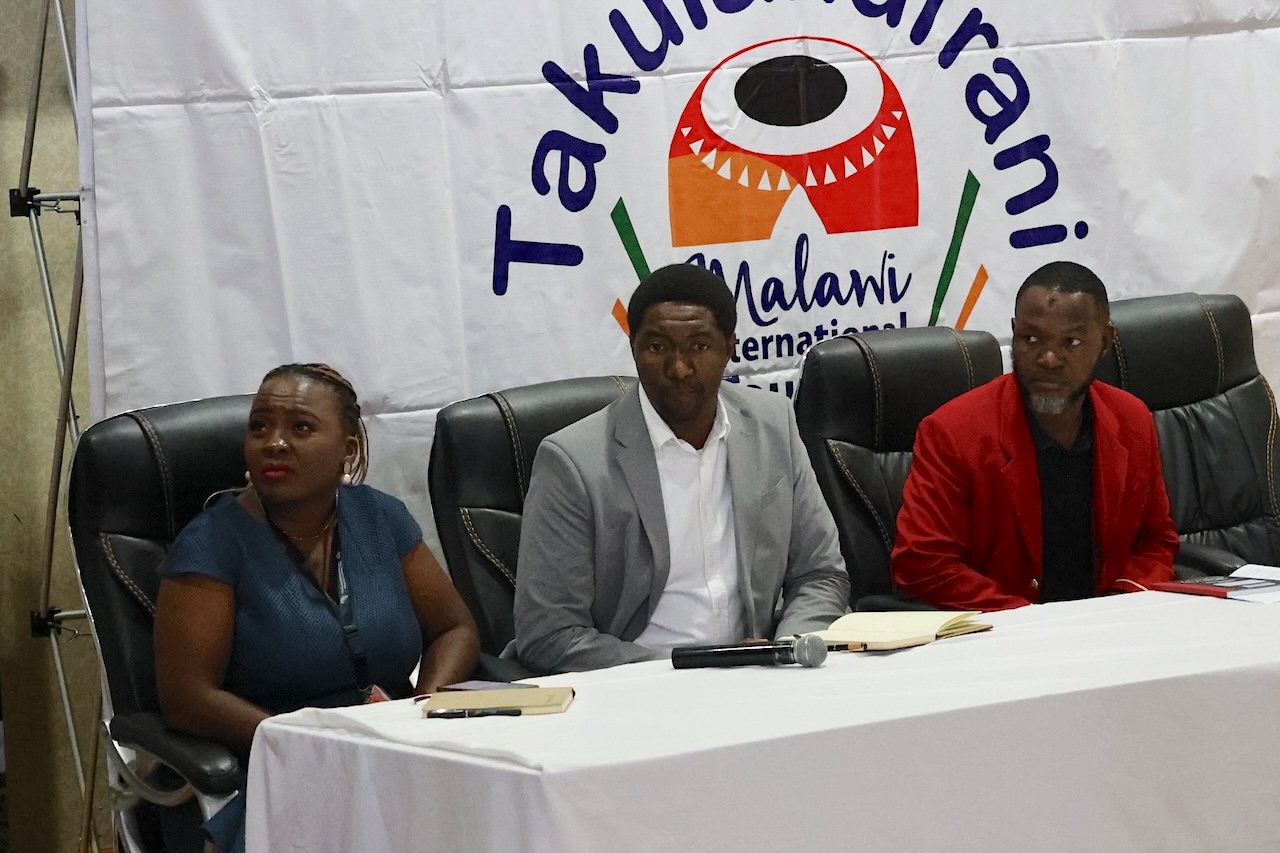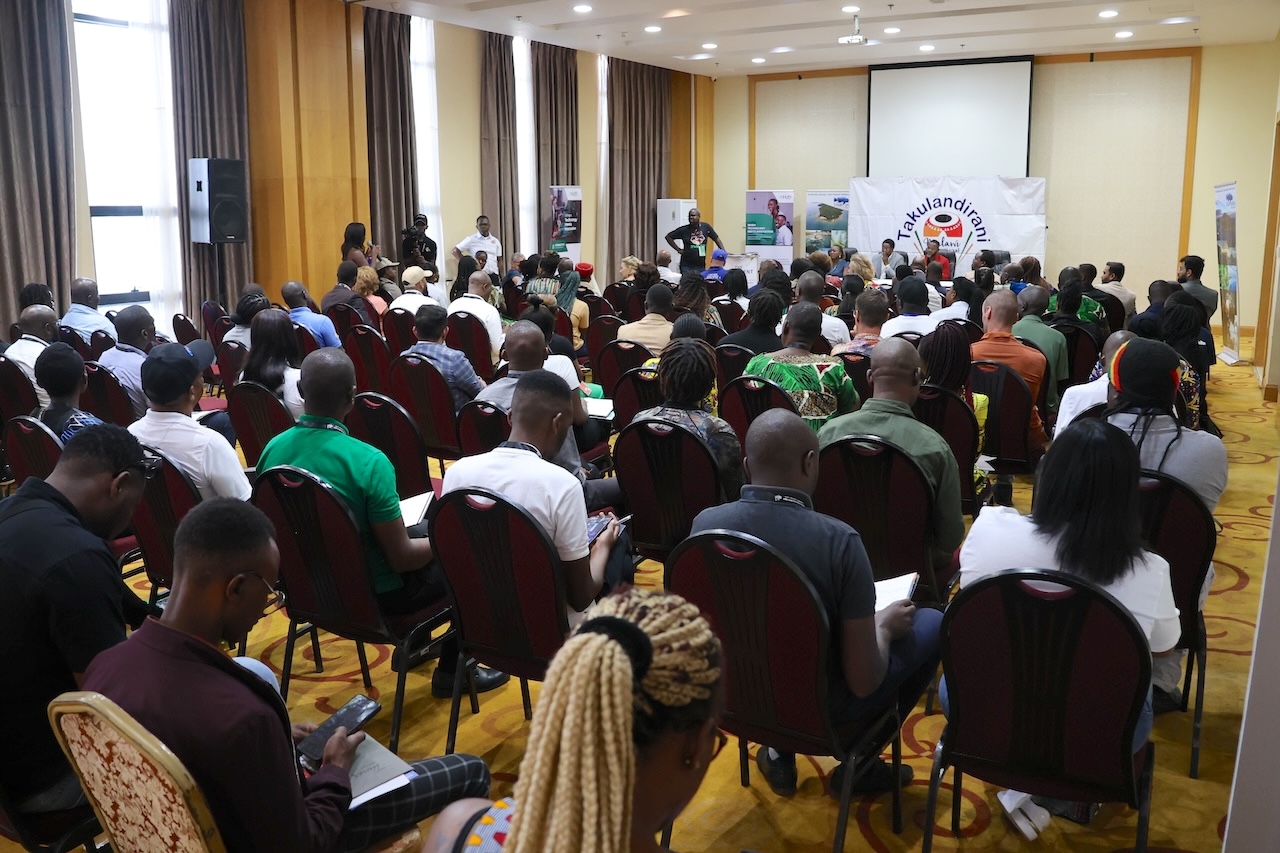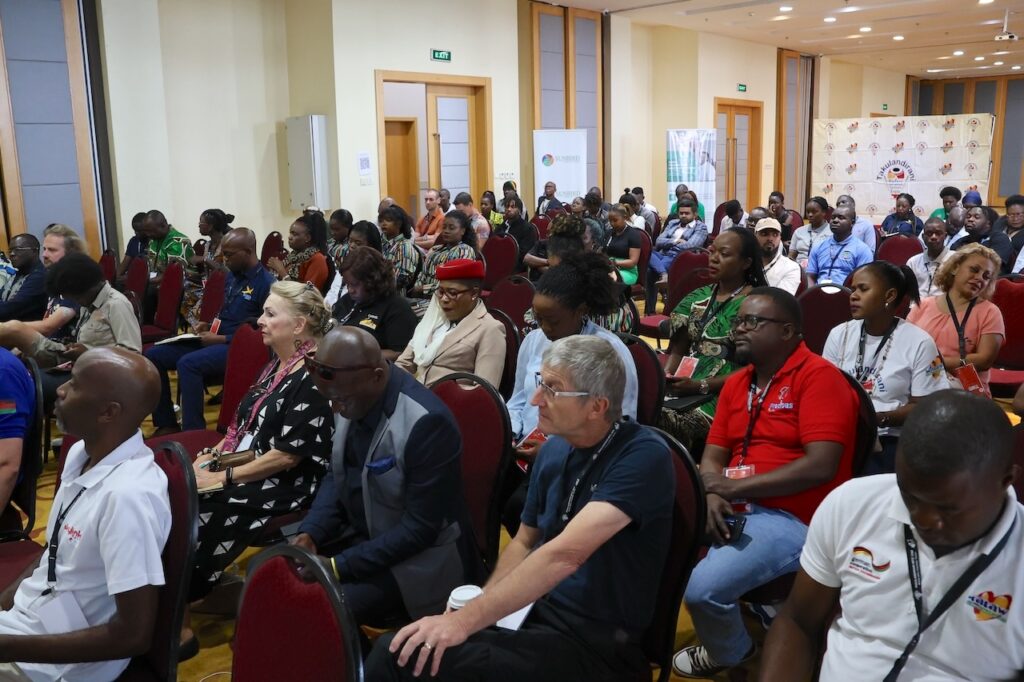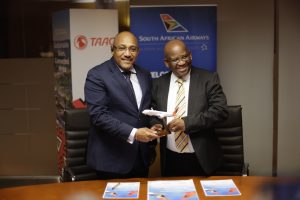In a bid to foster dialogue and find solutions to enhance air connectivity in Malawi, the Malawi International Travel Expo (Takulandirani 2024) featured a crucial session titled “Addressing Bottlenecks for Improved Malawi’s Air Connectivity.” The session, moderated by Kojo Bentum-Williams of UN Tourism & VoyagesAfriq, brought together key stakeholders from the Civil Aviation Authority, Malawi Tourism Council and Kenya Airways.
During the session, a consensus emerged on the significant barriers hindering the growth of the aviation industry in Malawi. Michael Mononga of the Civil Aviation Authority highlighted infrastructure limitations, high air ticket costs, safety and security concerns, inadequate information dissemination, bureaucratic hurdles, and corruption at entry points and borders as major obstacles to air connectivity.

Adding to the discussion, Roland Maligonda of Kenya Airways emphasized the impact of limited competition on sector growth, noting that Malawi’s relatively small aviation market contributes to high travel costs. The panel agreed that reducing taxes on tickets and operations, as well as adopting a synergistic approach among stakeholders, could alleviate these challenges.
Memory Kamtuzi, representing the Malawi Tourism Council, outlined the private sector’s efforts to address these challenges through practical measures and partnerships with the government and other stakeholders.
Michael Mononga also disclosed ongoing reforms within Malawi’s aviation sector aimed at enhancing efficiency at airports for both airlines and passengers.
Recognizing aviation as a key driver of tourism, Mononga acknowledged the historical disconnect between the Civil Aviation Authority and the tourism sector. However, he expressed ongoing commitment to bridging this gap.

Among the attendees was the Permanent Secretary at the Ministry of Tourism Chauncy Simwaka, who underscored the importance of efficient airports in promoting Malawi as a tourism destination. He urged authorities to prioritize airport infrastructure improvements, and operational efficiency to attract more airlines and ensure sustainable growth in the sector.
The interactive session provided a platform for audience members to pose questions and offer suggestions for improving Malawi’s aviation industry and positioning it competitively as a tourism destination. These discussions underscored the urgent need for reforms to attract more airlines and mitigate the risks associated with airlines ceasing operations after a few years.
As Malawi strives to position itself as a premier tourism destination the session on addressing the bottlenecks in air connectivity emerges as a critical priority to unlock the country’s full economic potential and enhance its global competitiveness in the tourism sector.
Story by Samuel Obeng Appah







